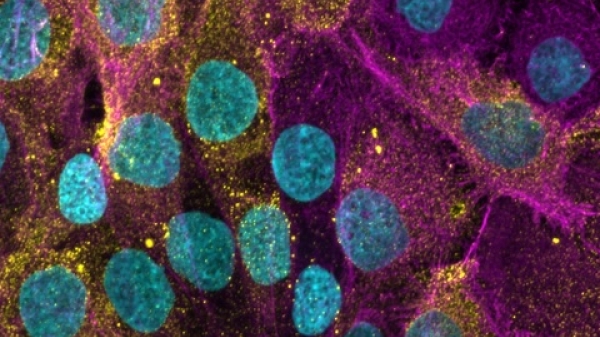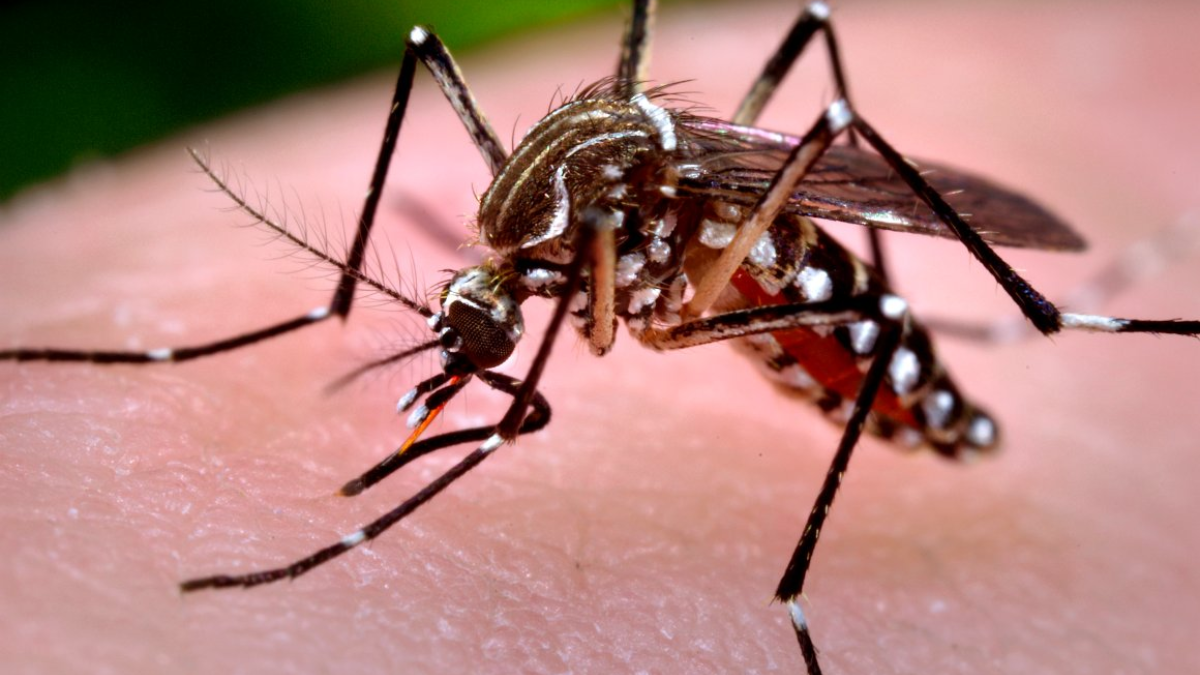
The World Health Organization has classified Zika as a “Public Health Emergency of International Concern.” The governor of Florida has followed suit declaring a State of Emergency in four counties. As doctors are racing to stop this rapidly spreading virus, Arizona State University’s Andrew MaynardAndrew Maynard is a professor in the School for the Future of Innovation in Society at Arizona State University, and Director of the Risk Innovation Lab — a unique center focused on transforming how we think about and act on risk, in the pursuit of increasing and maintaining “value." (pictured left) has some ideas about how Zika could be eradicated.
Question: How would genetically engineered mosquitoes help in the case of Zika?
Answer: The key is a genetic kill switch programmed into the insects which is inherited by the mosquitoes' offspring. When genetically modified male mosquitoes are released, they breed with wild females and pass on the modification before dying, which guarantees that a large portion of the next generation of kill switch-enabled wild mosquitoes will die before reaching maturity.
Q: How could scientists develop vaccines rapidly enough to stave off the Zika virus?
A: Traditionally, vaccine development is a long and arduous process. However, now researchers are investigating how to digitize viral DNA and RNA sequences, and use them to quickly design and produce new vaccines that activate the immune system the same way the virus does, but without causing infection.
Q: What are gene drives and how would they help eradicate this virus?
A: It’s an ingenious biological hack that draws heavily from computer coding. Gene drives use a “search and replace” technique that allows scientists to find and switch out specific DNA sequences. The modification would be passed down through subsequent generations of mosquitoes, until all that remained was a human-designed species that is unable to host the Zika virus.
Q: Headlines today indicate that Zika could be sexually-transmitted given a rare case that was identified in the U.S. How does that factor into your ideas for eradication?
A: We need to know more about this potential route of exposure, but the more we can do to stop the infection at source, or to vaccinate people against it, the better people will be protected — however they become exposed.
For more on Maynard’s analysis on how to annihilate Zika, read his recent article for The Conversation here.
More Health and medicine

First 2 degree offerings from ASU Health available in fall 2025
The first degree offerings from ASU Health will help students find jobs in the modernized health care system.The one-year Master of Science in public health technology and the two-year Master of…

ASU study uses new biomaterials for wound healing
A minor cut often heals within days, vanishing without a trace. Yet, wound healing and tissue repair are complex biological processes, revealing the body’s remarkable regenerative capacity.In a new…

Moeur awardee seeks to turn passion into tangible human impact
Editor’s note: This story is part of a series of profiles of notable fall 2024 graduates.During high school, Nguyen Thien Ha Do, a graduating student in the medical studies program at the…
